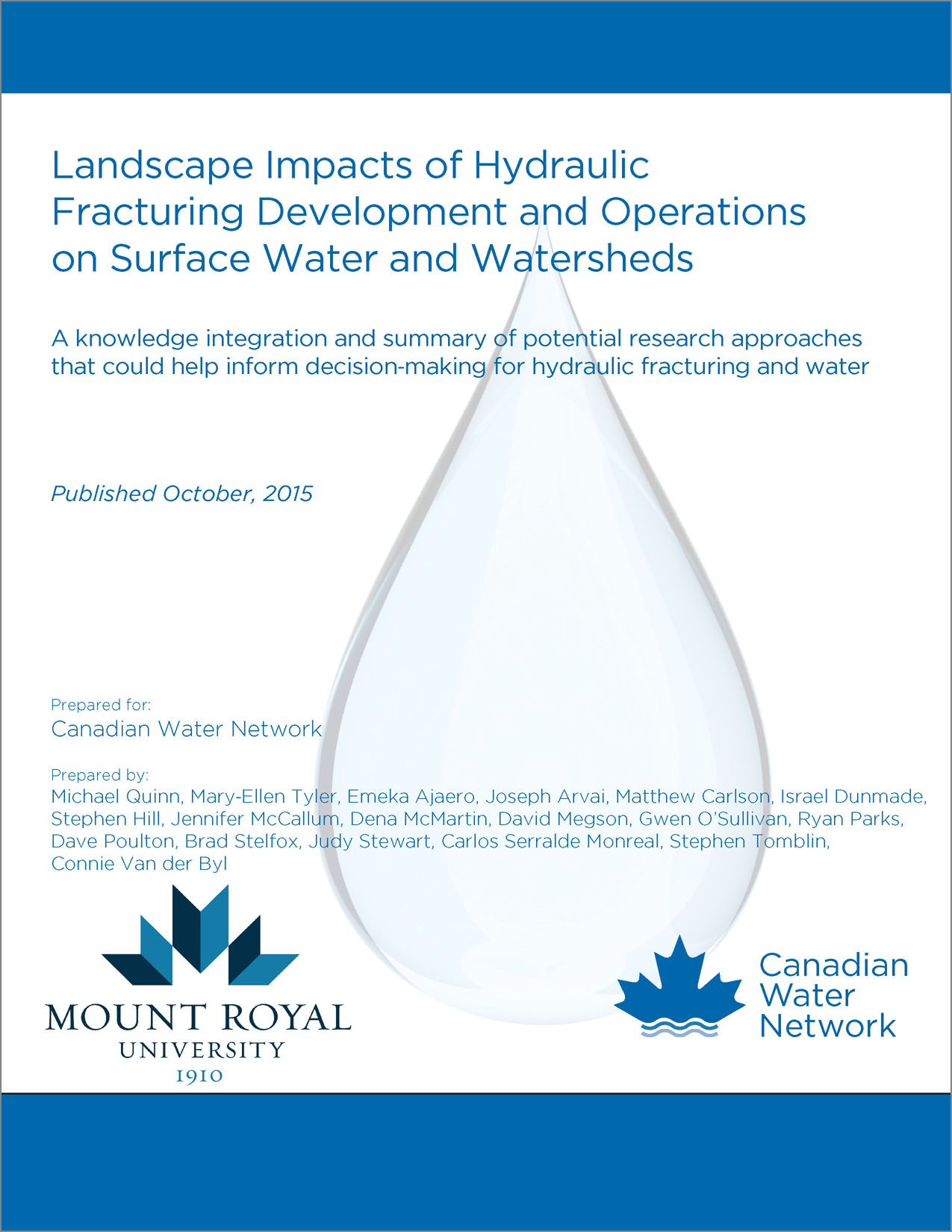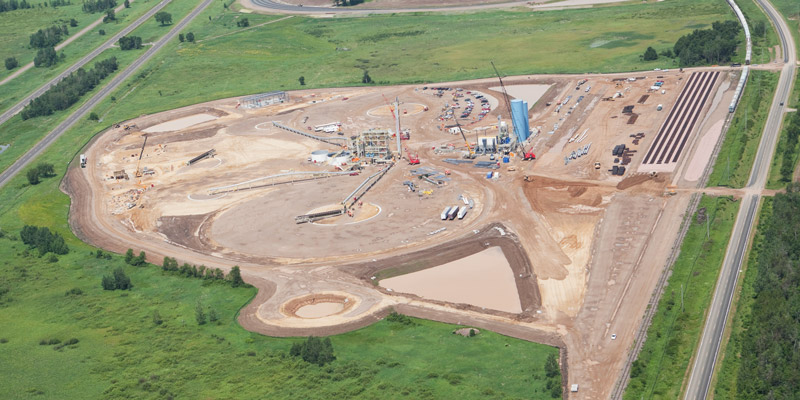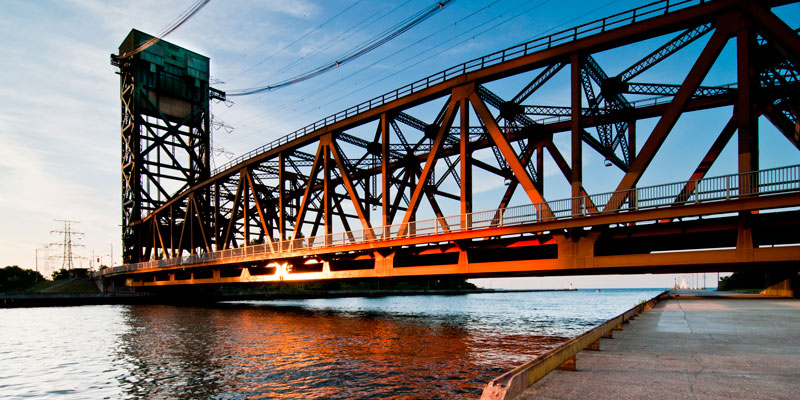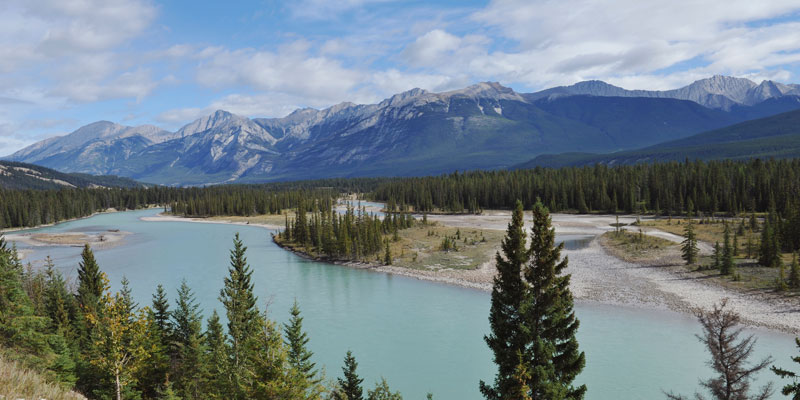Hydraulic Fracturing and Water Knowledge Integration: Landscape Impacts
Michael Quinn, Associate Vice President, Research, Scholarship and Community Engagement, Mount Royal University (2014-2015)
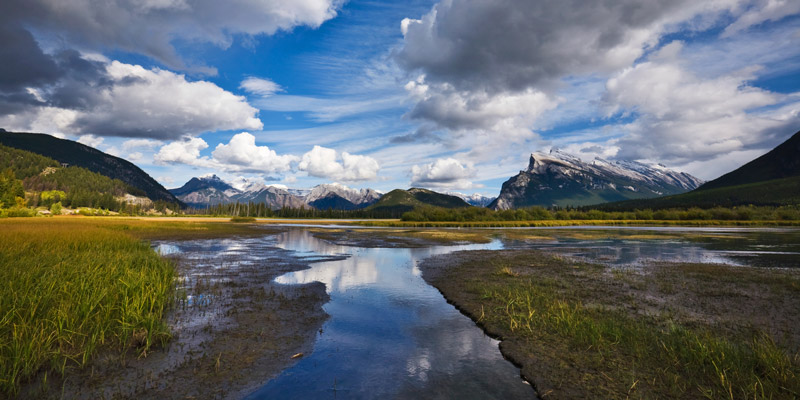
Challenge
The continued growth of hydraulic fracturing as a burgeoning activity has prompted calls for more information on environmental implications, particularly concerning landscape effects on surface and ground water. Decision-makers confronted with proposals for hydraulic fracturing are faced with complex challenges that are not just technical, but also social-ecological in nature, and so require strategic information that bridges the science-policy interface. However, hydraulic fracturing is characterized by incomplete, contradictory and changing conditions, with each of the various stakeholders (e.g. governments, academics, industry leaders) holding a different view. To address these opposing perspectives, it is necessary to clearly articulate the problem from multiple points of view.
Project
The purpose of the project was to understand hydraulic fracturing operations and related decision-making needs in the context of Canadian regional landscapes. Using documented water and landscape effects from a number of small-scale projects, the project team focused on understanding the cumulative effects of hydraulic fracturing operations on surface water, watersheds and water demand in a regional context. A regional scale focus offers the best framework for understanding both the complexity of decision-making and knowledge gaps involved in the science-management and science-policy interface.
The project encompassed three key activities. The first step (pre-assessment) developed a reference framework to assess factors relevant to landscape impacts on water, and identified questions and key regional trends of concern to decision-makers. The second step identified the scoping questions that ‘science’ needs to answer and the scoping questions that policy needs to answer, which involved interviewing representatives from the oil & natural gas industry in Canada. Finally, in consultation with energy and water sector stakeholders and decision‐makers, the third step identified drivers of regional landscape change – both human and natural. Following these steps, a summary was developed to address critical questions arising from the analysis, which includes an assessment of potential strengths and weaknesses of the research approaches identified for informing decision‐making knowledge gaps in a Canadian context.
Outputs
- Summary of current research that articulates where further research could meaningfully support decision-making
- Results of the data collection and analysis will be shared in at least three locations across Canada through knowledge forums with members of the industry, regulators and the general public
- A panel session at the “Under Western Skies” conference in September 2014 will occur to foster discussion and engagement
- The team will present at a Hydraulic Fracturing Forum in Cornerbrook, Newfoundland in September 2014
Outcomes
- Informed decision-making based on identification of key knowledge gaps
- Increased understanding of research approaches that could be used to address priority knowledge gaps in support of decision-making
- Assessment of potential strengths and weaknesses of the identified research approaches for informing knowledge gaps in a Canadian context


